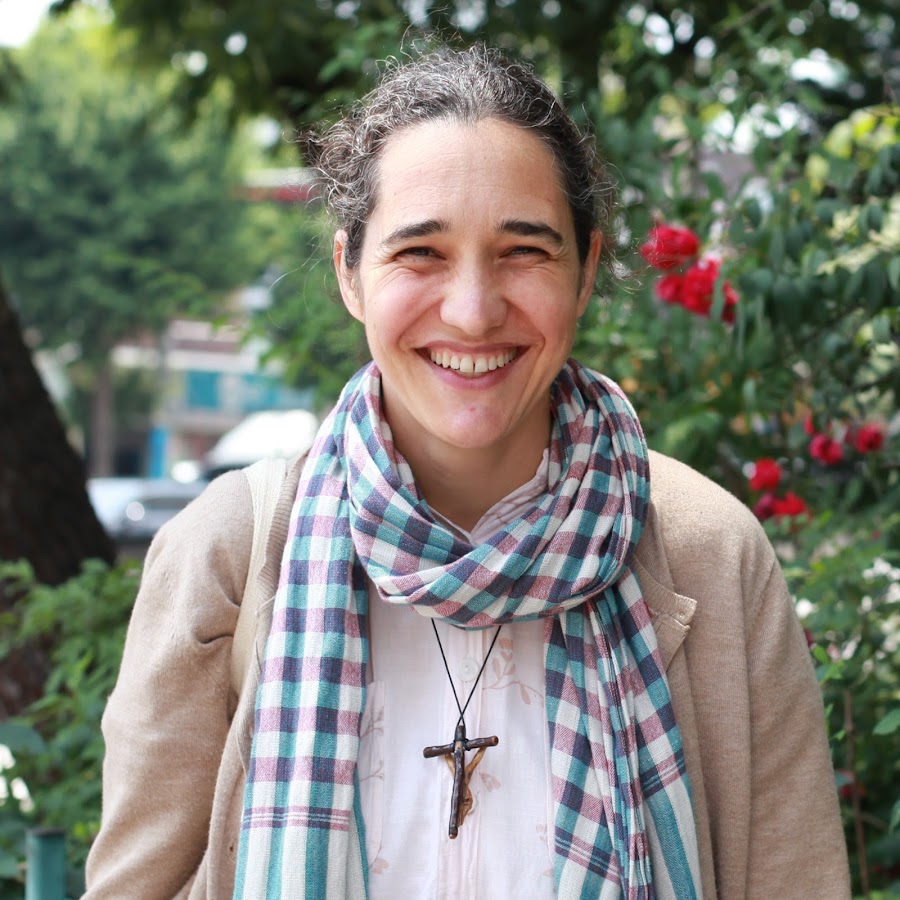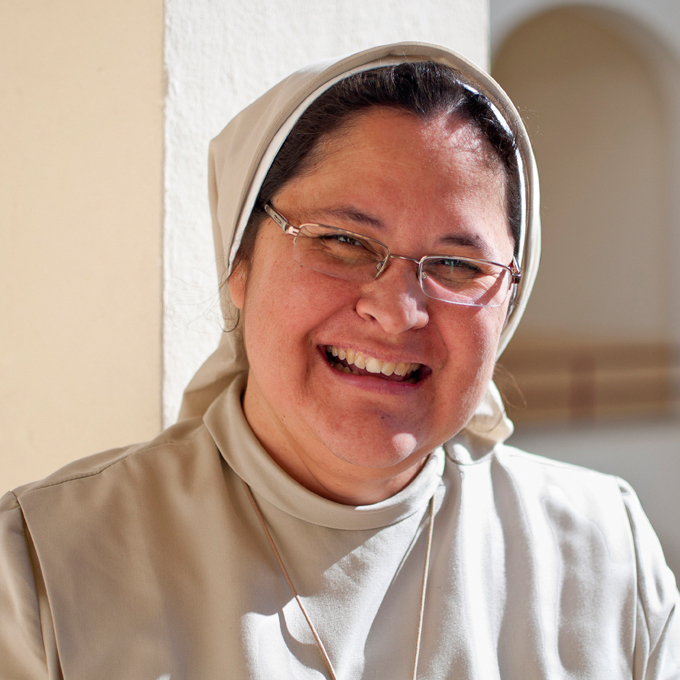Taking care of the planet as God’s creation
Authenticity in the behavior of Christians, who are Church (16%)
1. Nature is God’s creation, the place where we live, also his creatures.
2. The human being, made in the image and likeness of God, transforms that nature like no other living being.
3. And it is seriously damaging it with polluting residues. The church has to help to become aware of the seriousness of the problem.
4. It is a responsibility for Christians, because it also has an intense impact on vulnerable populations.
5. The Church must be an active agent of change so that all intelligence and social capacities are applied to stop deterioration, without falling into pantheism or false religiosities.
The voice of the participants
“Provide good information about caring for the environment”
“Talk about ecology, about the importance of loving the planet as we love everything that God has created”
“Promote love for the planet, which is an urgent need; know to live the Laudato Sì. Read from the 4 relationships that it raises: with oneself, with others, with Creation and with God.”
“Educate in the environment and sexuality” “Promote the care of ecology, regularly organizing groups to serve the most disadvantaged and the planet”
Missionary Voices

Ecology and New Evangelization

Should Christians be more careful with the planet?
Sister Xiskya Valladares
The Magisterium, the Gospel
The Magisterium
“The urgent challenge of protecting our common home includes the concern to unite the entire human family in the search for sustainable and comprehensive development, since we know that things can change. The Creator does not abandon us, he never backed down on his love project, he does not regret having created us. Humanity still has the ability to collaborate to build our common home. (…) I urgently invite a new dialogue on the way we are building the future of the planet. We need a conversation that unites us all, because the environmental challenge we are experiencing, and its human roots, interest and impact us all”
Laudato Si’ on the care of the Common Casda, 13-14
The old testament
“Yahveh answered Job from the bosom of the storm and said: “Where were you when I founded the earth? Point it out, if you know the truth. Who set its measurements? would you know? who pulled the string over her? (…) Have you commanded, once in your life, in the morning, have you assigned the dawn its place, so that it can grab the earth by the edges and shake off the wicked from it? (…) Have you penetrated to the sources of the sea? Have you circulated through the bottom of the Abyss? Have you been shown the gates of Death? have you seen the gates of the country of Shadow? (…) Does the rain have a father? who begets the dewdrops? From which bosom does the ice come out? Who gives birth to the frost of the sky, when the waters clump together like stone and the surface of the abyss is frozen? Can you knot the bonds of the Pleiades or untie the strings of Orion?
Job 38, 1-31
Results of the questionnaires
How much does the message of Jesus Christ inspire you in your daily decisions?
Stats
- In facing the difficulties and injustices of life 81%
- In being more supportive 78%
- In my decisions and opinions in general 76%
- In caring for the planet 66%
The message of Jesus is very present in the faithful when acting, not so much to take care of the planet.
16.712
Surveys analyzed
How to moove forward?
Theological standpoint
The Church should promote a serious study on the theology of Creation, and a responsible habitation of the environment, recovering the inspiration of Saint Francis of Assisi, and see in the specific work of God a gift and a responsibility that deserves respect, attention and care. .
Moral-behavioural standpoint
Prevent the spread of a pagan or pantheistic vision of caring for the planet among the People of God, which is incompatible with faith, and spread the Christian position on caring for creation and co-responsibility of human beings.
Structural and organizational standpoint
Remember that respect for creation is not at odds with the drive for development and transformation that favors human life, but do so responsibly.
Pastoral-pedagogical standpoint
Promote among the faithful a critical perception of information related to ecology. Promote ecological volunteering with a contemplative and Franciscan foundation, including caring for nature and cleaning the environment as one of the usual practices of believers.